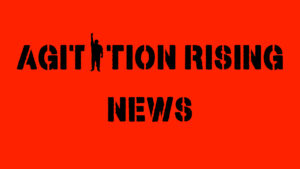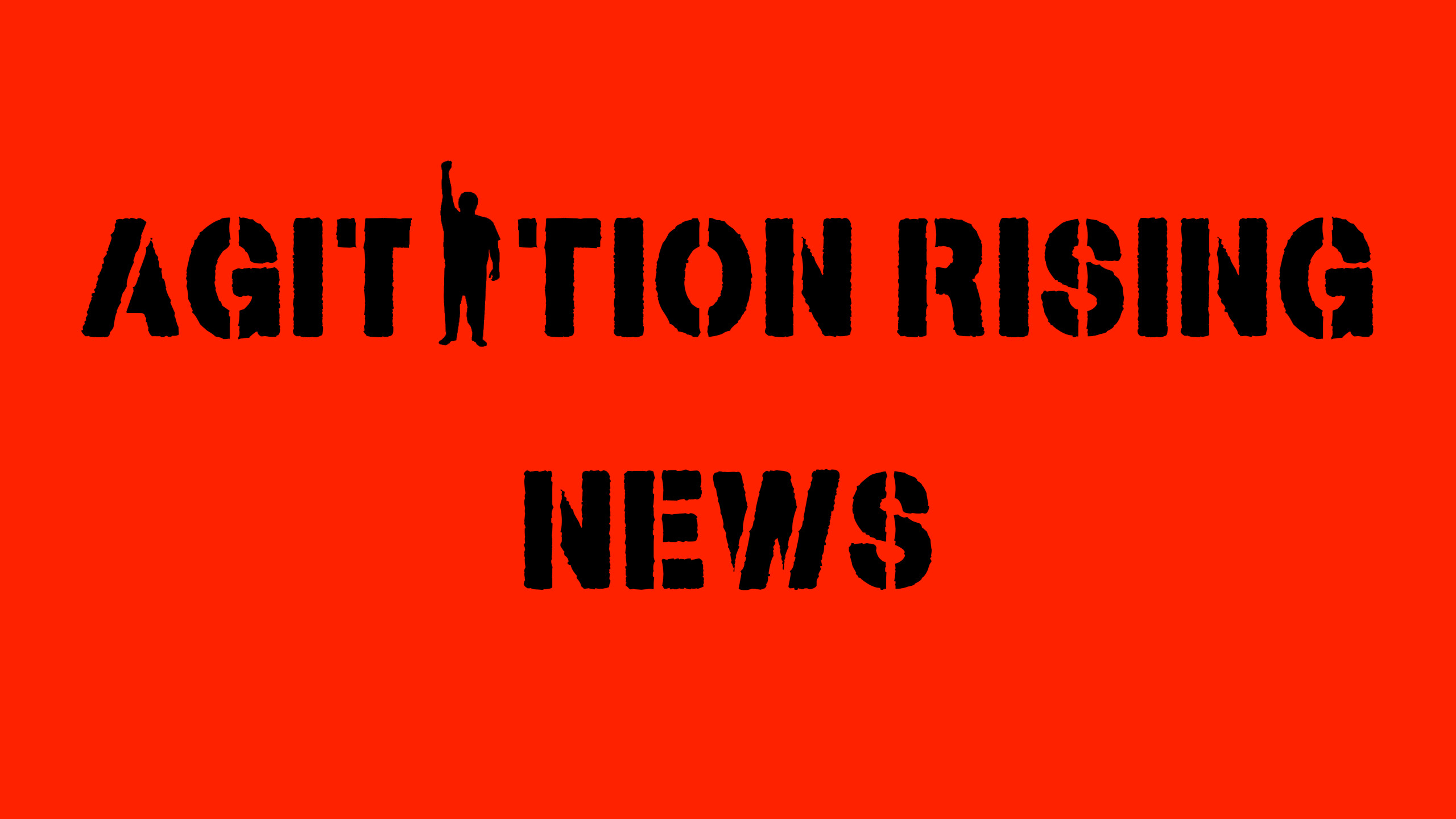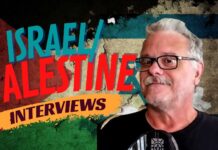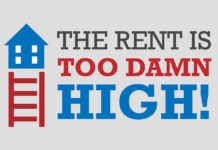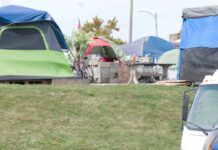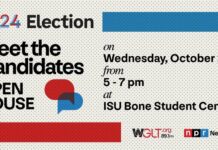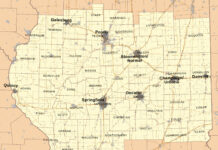By Chama St. Louis
Here is how the poverty/crime cycle works: Low-income/poverty leads to -> poor health and living conditions -> low quality education -> low employment opportunities -> lack of financial security -> DESPERATION -> illegal activities for survival -> Jail -> systemic oppression (unemployable) -> back to poverty -> back to illegal activities -> back to jail or dead.
People are being shot left and right in Peoria mostly teens and young adults. Violence prevention has been largely left up to the police department, hospitals and health department to figure out (while these entities can play a crucial role in the overall picture, it is not their function to be the driver of prevention). The city has provided some funding in these areas. But it’s not nearly enough. While all of these things move the needle forward, it hasn’t been enough to keep up with level of frequency in which the violence is occurring in the city.
I haven’t seen a strategic plan to solve the crisis in our city, have you? Maybe one exists. Maybe it hasn’t been implemented yet, maybe people need more time, I don’t know what the hold up is.
But, what I do know, is that time is not on our side, and the longer we take to figure this out, the more people will die.
When I ran for office, I had a theory/idea to reduce crime and violence in significant numbers. Obviously I’m not in elected office, so whether or not that theory would have worked, I guess we’ll never know. However it was backed by years of research and case studies. It had been proven to work in other cities similar in size/population with similar stats. It was fully integrated to address the root causes of poverty, crime and violence. I had taken 4 years of my own research and offered it to the public in a compendious way. Hoping that people would be able to see how the threads were intertwined and how shifting our approach to poverty, crime and violence to include systemic solutions to all of the contributing factors was the only way toward progress in this area.
If we evaluate the conditions of those who have committed a community-based crime or been a victim of a crime in their community, I can say confidently that 90-95% of those involved, found themselves stuck in this cycle.
So with this in mind, we arrive back at the age old question: “How do we interrupt in the cycle?”
Depending on who you ask, the answers will vary from “community programming, to social services, to implementing the arts, more people to college, more events, chronic meetings about what to do, mental health services, after school programs, donation services, mentorship,” and the list goes on. While these are all necessary components that play a role in the bigger picture, there is one thing these “solutions” have in common: they aren’t actually solutions, they’re reactions. All of them!1
If you review the cycle and compare it to the list of “solutions” you too should arrive at the same conclusion: they are not answers or solutions to anything listed in the cycle of poverty/crime, rather than reactions. This list of “solutions” is what happens when people begin to recognize that somewhere, somehow, someone dropped the ball (over and over again) and because they don’t have the power individually to enact the types of changes needed to undo the effects of that dropped ball, they do what they can, within their power as an individual. They create a program or a service to provide SOME relief in the meantime. Unfortunately the program has operating hours and the services are limited and those needs are not truly being met, but pacified.
Lack of capacity limits consistency.
And unfortunately funding and resources are being poured into programming and services as a solution for issues that can only be rectified by the same methods in which they were created. What we are seeing are people standing in the gaps for those who are elected and get paid to FILL in the gap, SYSTEMICALLY.
Poverty was created through policy, crime cultivated through policy, poor health and living conditions created through policy, poor education, through policy, capitalism through policy, jail and the school to prison pipeline, through policy.
Why then, when it comes to solutions, our council, school board, county board and any other governmental entities that can change policy, offers every solution but creating and changing policy to be more equitable and inclusive? It’s the only solution that has proven to work with long lasting impact. Ask yourself, for as long as you have lived in Peoria, how many times have you witnessed significant changes in policy be created, enacted and implemented that has truly been life changing for you and the community around you.
This is why it is so damn important not to elect people just because you “know them” or they “helped you personally” or they’re a better “look” or they’re more “palatable” or “they’ve made YOU a promise” or “they have “a degree or an impressive title.” Qualifications have to go beyond the superficial.
Cities are not businesses. Leaders can’t fire the bad resident when they aren’t productive so they no longer affect their bottom line. They have to be strategic in their approach with an understanding that each individual is experiencing the city very differently depending on many internal and external factors. It is literally the politicians job to have a systemic solution for issues that impact our community. And as residents who make up the community it is our literal job to hold them accountable, demand better and expect excellence at a high level.
We pay them to have solutions to systemic issues, they are our employees. However, we don’t require a work plan with objectives, goals, benchmarks, timelines and due dates. We don’t require innovation with a strategic plan, and we don’t require follow through with proof of the results. We also do not put them on a PIP (performance improvement plan) when they are under-performing and replace them with better more qualified options when they don’t improve.
The real sadness is recognizing each year that we don’t demand better, we endorse another act of violence and encourage another death.
Those who have been elected perpetuate poverty, crime and violence in Peoria by not coming to the office in which they were elected with comprehensive platforms and clear plans of how we get from A to Z.
And, those of us who know better, perpetuate poverty, crime and violence by opting out of the electoral process and not holding them accountable, and demanding more.
Those who don’t know any better, are stuck in the middle, waiting to be activated and agitated. Depending on who gets to them first, they will either be thrown into a life of poverty, crime and violence or activated to impact positive changes.
Thoughts?
